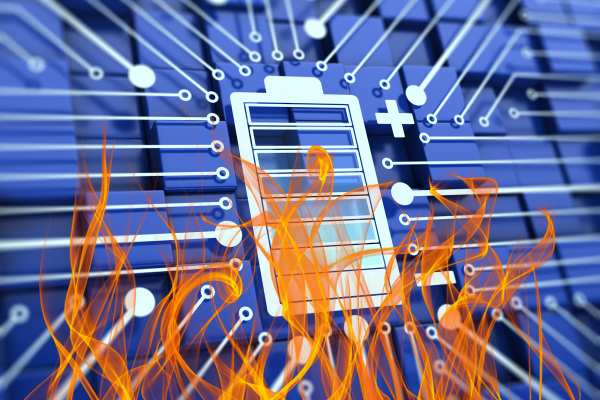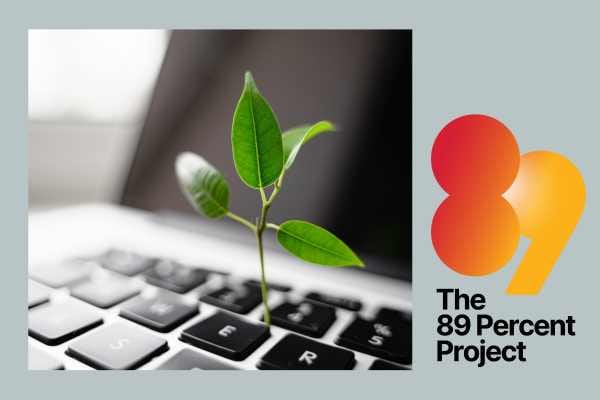New laws target battery fires
A product lifecycle bill will make battery suppliers responsible for their safe disposal in NSW amid rising fire concerns.

New South Wales has become the first Australian state to introduce laws aimed at stamping out lithium-ion blazes.
The Product Lifecycle Responsibility Act, announced recently by the NSW Government, aims to make battery suppliers responsible for the safe handling and disposal of their products following a worrying spike in fires.
Lithium battery safety and recycling will be the initial focus of the Act, which has been identified by Fire and Rescue NSW (FRNSW) as the "fastest growing fire risk" in the state.
Currently, Australia relies on a voluntary national scheme, B-cycle, to support battery recycling but calls are growing for mandatory programs nationwide.
The waste and recycling industry estimates that between 10,000 and 12,000 fires annually in trucks and waste facilities are linked to the improper design and handling of these batteries.
"We had at least 318 lithium-ion battery fires in NSW last year... we know they are on the rise, but people are still taking dangerous risks in their homes."
The Product Lifecycle Responsibility Bill, passed by NSW Parliament on 28 March, will require those who make and sell certain batteries to take responsibility for products across their lifecycle, from design and manufacturing to reuse, recycling, and safe disposal.
NSW Environment Minister Penny Sharpe described the legislation as “a critical step in protecting firefighters, waste and resource recovery workers, and the broader community from dangerous and preventable battery fires”.
It will carry significant penalties for brand owners – including online operators – who fail to comply with the new product stewardship requirements.
FRNSW Commissioner Jeremy Fewtrell has also warned of the danger of lithium batteries lurking in people's homes. “We had at least 318 lithium-ion battery fires in NSW last year... we know they are on the rise, but people are still taking dangerous risks in their homes,” he said.
Dangerous charging
A NSW Government survey recently revealed that while 44% of people recognise the risks of lithium-ion batteries, many still engage in unsafe charging habits. This includes 73% who charge devices unattended, 70% near living spaces or exits, and 64% who leave them plugged in after charging.
Adding to the risk, the survey also revealed that 51% of respondents use low-quality chargers, and around 60% had limited knowledge about implementing basic safety measures.
Sharpe said the bill – which will apply to all batteries, from e-bikes to electric toothbrushes – would give the NSW Government the strongest powers in the country to ensure suppliers take accountability for the products that they sell.
In a related move to address immediate safety concerns around lithium-ion batteries, NSW Fair Trading has introduced specific mandates for e-micromobility devices sold in the state, effective from February 1, 2025.
The regulations ensure that e-bikes, e-scooters, and similar devices, along with their batteries and chargers, must meet certain safety standards for their components before they can be offered for sale.
Lithium-ion batteries, while energy-dense and vital for modern devices, also carry fire risks. Battery failure can lead to 'thermal runaway', a rapid chain reaction causing cells to burst violently, releasing hissing sounds and toxic, flammable gases. The resulting fire is intense and self-sustaining, making it hard to extinguish. Experts warn that batteries should never be placed in household waste or recycling bins. Instead they can be recycled at designated spots which can be located via Australia's B-cycle scheme.





